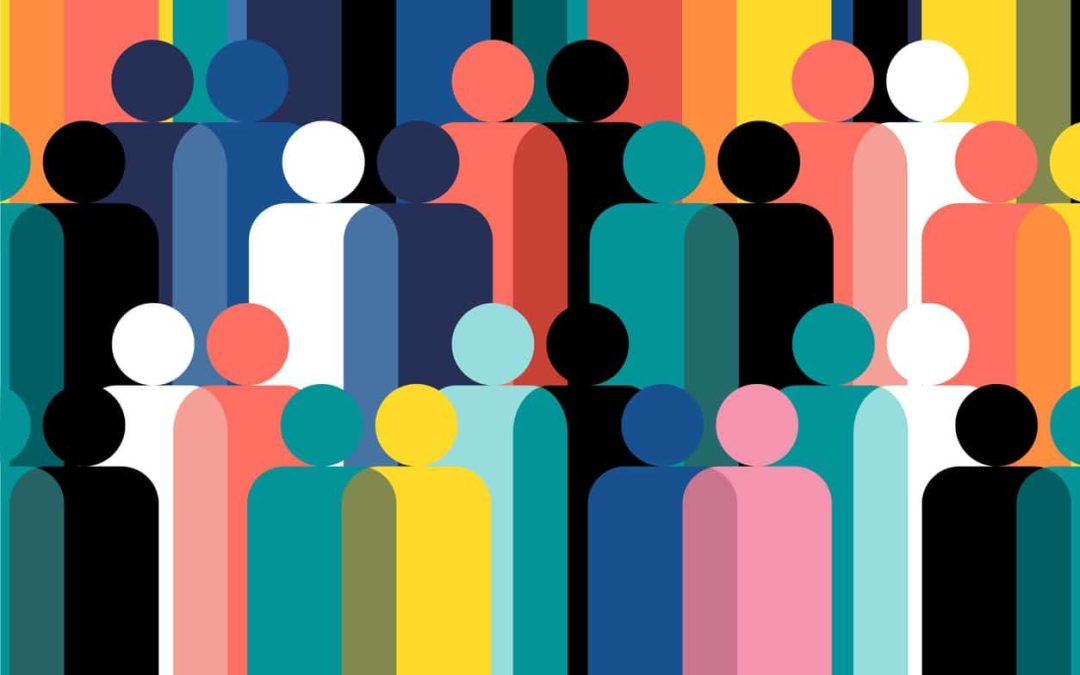By Tala Abou Ali | Staff Writer
“Hell is other people”, famously wrote French philosopher Jean-Paul Sartre in his play No Exit (1944). Often misunderstood, this pessimistic depiction of social relations necessitates background information on Sartre’s philosophy to be fully grasped. My aim in this article is to explain the gist of his existentialism, and to use it as an attack against political ideologies that are based on social identity.
Sartre largely centers his views on the idea of freedom. According to him, humans are fundamentally free; to be human is to be free. He denies the idea that we were created with a specific purpose or essence, along with the existence of a stable, unchangeable self. For him, there is no one way in which the self is supposed to be, it is not something to be discovered but rather to be constructed.
Sartre believes that human consciousness is not fixed or determined. Unlike every other thing in the world, it cannot be defined by a strict set of characteristics. On the contrary: Consciousness is always undoing what it has been, and always deciding what it will be. It is in constant movement; denying its past and anticipating its future. For Sartre, to be free is to realize that one is not a thing, and that it is one’s own responsibility to decide what is or is not worthwhile – to constantly reconstruct one’s identity through one’s actions and behaviors.
One might ask: How does this all relate to other people? The answer is simple: Other people inevitably objectify us through their gaze. They perceive us as having a fixed and determined identity, thus as something that we are not. By attributing to us specific roles and characteristics, they deny us of our fundamental freedom to constantly reinvent ourselves – which is what I have to reproach to identity politics.
Through its attempt to liberate minority groups from their oppression, the political left has taken as its task to put forward and represent underprivileged identities. While it is undeniably necessary to make space for everyone’s voices, the problem lies in the hyper fixation on the physical and behavioral factors that supposedly make someone a minority. By attempting to liberate them from their oppression, the left is paradoxically encouraging them to identify with those very factors that have caused the more powerful to other them – to identify with someone else’s perception of them – which further strips them of their agency.
By supporting such ideologies, we pretend that we have a fixed identity in the world, that society and the value judgments it has projected on our bodies determine our existence. We look at ourselves, and all we want to see is an amalgamation of marginalized qualities. We no longer perceive ourselves as free agents with the capacity to change through the annihilation of our past. We see the color of our skin, our ethnicity, our sexual orientation, our gender identity. We become the object of other people’s perception of ourselves. We become the victim of our bodies – and worst of all: We accept it. We comply in it and we use it as an excuse to scrutinize and surveil each other’s language, behaviors, and even opinions. We place the issues of race, gender, and sexuality on a pedestal; simultaneously treating them as taboo and sacred. We seek praise and validation by using the right terminology and adopting the right views, without even considering that to treat minorities’ social identities as a sensitive topic further exacerbates their othering as a different class of individuals. They become fragile beings whose identities must be addressed with precaution. We forget all of the unique and diverse elements that constitute their culture; we forget that they are free agents with the ability to be something more than their worldly conditions. All we see them as is their oppression. All we see in them is what was made of them by someone elsee, therefore denying them their being as self-determining subjects.
Existentialism does not deny the existence of social and biological limitations, but it encourages us to transcend them through the consciousness of our own freedom. Whatever one has allowed themselves to be defined as are just objective determinations that need to be undone. Freedom is precisely the obligation to decide who we are, and to negate what the world has told us that we are. To let oneself be defined by others is to turn oneself into a thing – which Sartre calls “bad faith”. It is an attempt to flee from one’s freedom, from one’s burden to have to decide who to be.
After all, only one question remains: Should we aim for a society that is blind to personal differences – or should we continue to classify individuals based on the number of factors that would cause their oppression?

